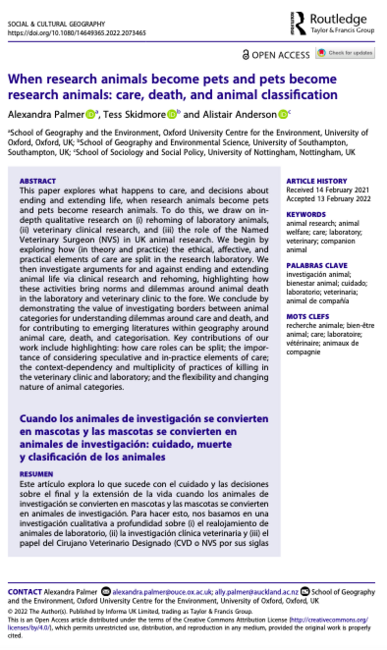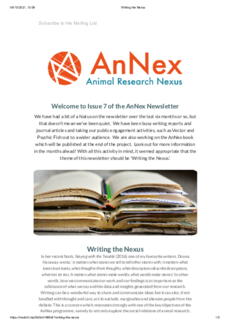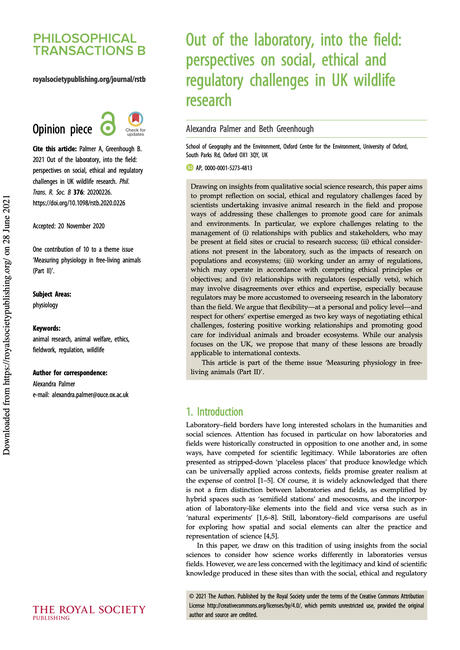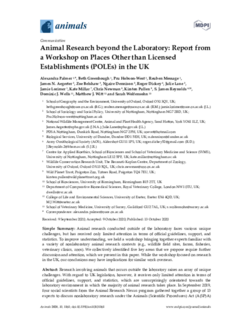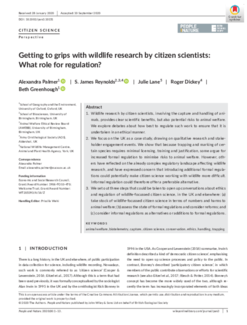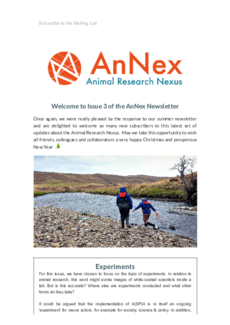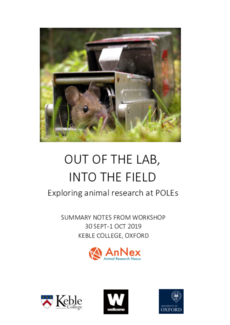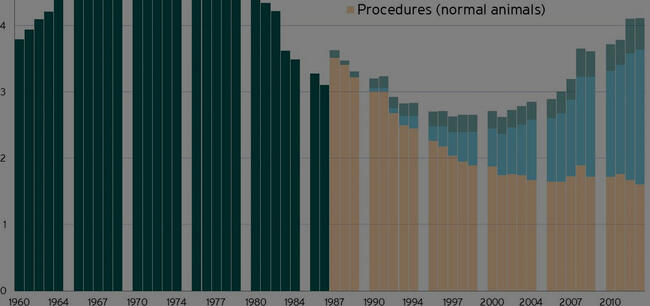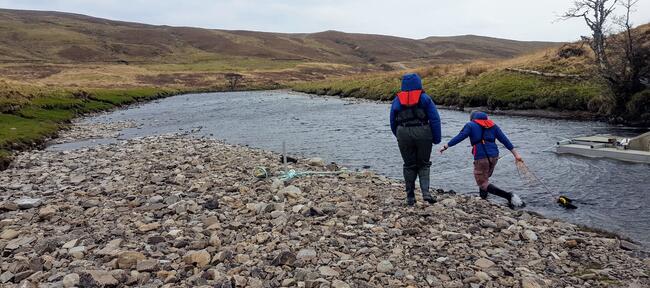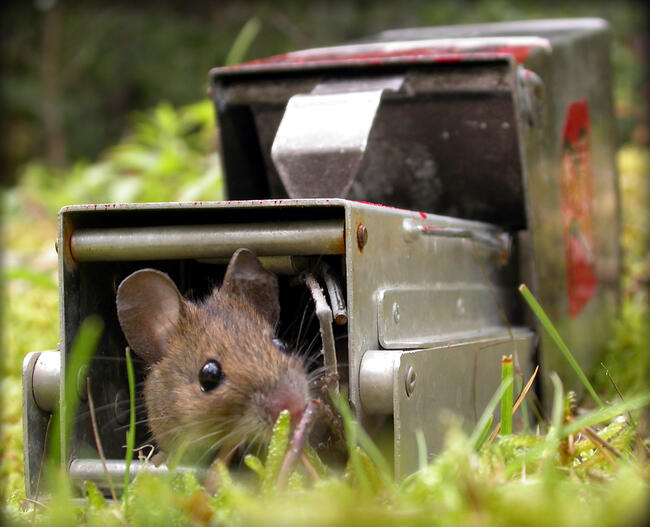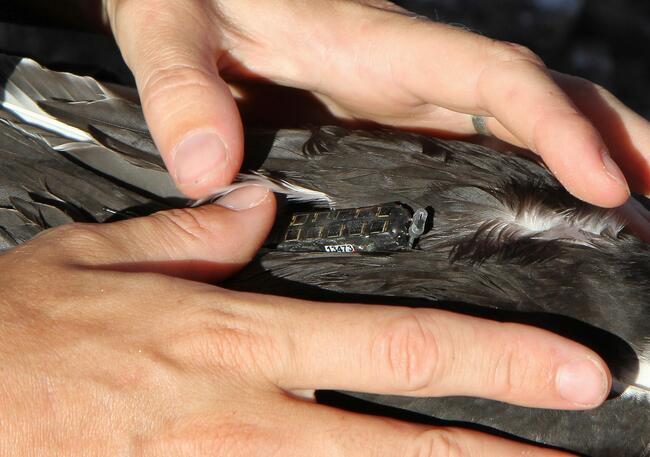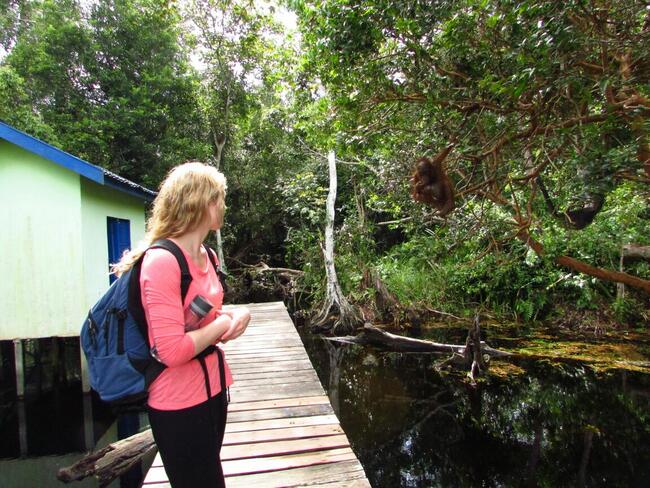Places Other than Licensed Establishments (POLES)
Relevant, tagged site content:
Publications
This paper explores what happens to care, and decisions about ending and extending life, when research animals become pets and pets become research animals. To do this, we draw on in- depth qualitative research on (i) rehoming of laboratory animals, (ii) veterinary clinical research, and (iii) the role of the Named Veterinary Surgeon (NVS) in UK animal research. Key contributions of our work include highlighting: how care roles can be split; the impor- tance of considering speculative and in-practice elements of care; the context-dependency and multiplicity of practices of killing in the veterinary clinic and laboratory; and the flexibility and changing nature of animal categories.
Drawing on insights from qualitative social science research, this paper aims to prompt reflection on social, ethical and regulatory challenges faced by scientists undertaking invasive animal research in the field. We explore challenges relating to the management of (i) relationships with publics and stakeholders; (ii) ethical considerations not present in the laboratory; (iii) working under an array of regulations; and (iv) relationships with regulators (especially vets). We argue that flexibility—at a personal and policy level—and respect for others’ expertise emerged as two key ways of negotiating ethical challenges, fostering positive working relationships and promoting good care for individual animals and broader ecosystems.
Animal research conducted outside of the laboratory faces various unique challenges, but has received only limited attention in terms of official guidelines, support, and statistics.
Citizen science involves participation by members of the public in scientific research. In wildlife research, citizen scientists might be involved in the capture and handling of animals (e.g.
These notes summarise some key topics of conversation at the workshop 'Out of the lab, into the field: Exploring animal research at POLEs', held on the 30th Sept-1st Oct, 2019, at Keble College, Oxford. Please feel free to share these notes with your colleagues and wider networks.
Blog entry
Social scientists and historians have long observed that laboratory and field research are rather different (e.g., Gieryn, 2006; Kohler, 2002).
Can animals volunteer to participate in research? If so, what does volunteering look like, and what does it mean for animal welfare?
Events
What kinds of ethical and practical challenges do wildlife researchers face? How do these challenges compare with those faced by researchers working with laboratory animals?
Citizen science is a fundamental contributor to wildlife research in the UK but its regulation can be complex.
Announcements
We are delighted to announce that Ally Palmer joined the Animal Research Nexus team based at Oxford University in July 2018. Ally is an anthropologist who recently completed her PhD on conflicts around orangutan rehabilitation.
